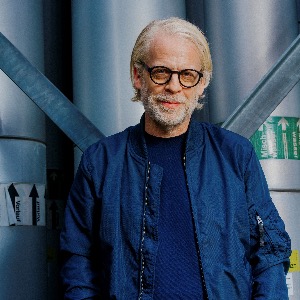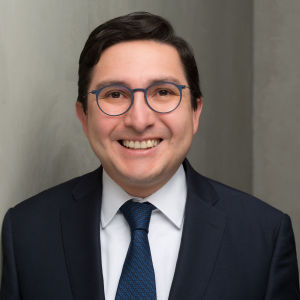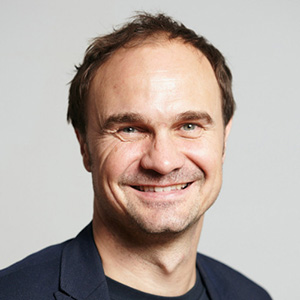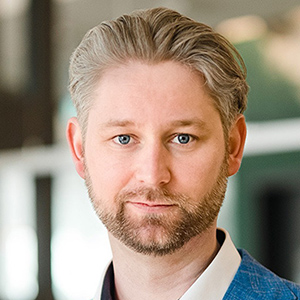
Diana Luna is the Latin America Policy Advisor at the Friedrich Naumann Foundation in Potsdam/Berlin, where she leads strategic coordination across Mexico, Central America, the Andean region, and Mercosur. With prior roles managing projects in the Middle East, North Africa, and Latin America, she brings extensive international expertise. She is also a recognized commentator in German and international media on democracy and governance in Latin America.
Bridging Continents: Diana Luna on why Latin America Matters for Europe's Future
From your vantage point as Latin America Policy Advisor at FNP, what emerging political or economic trends in the region do you believe European policymakers are currently underestimating?
Europe is overlooking several dynamic shifts reshaping Latin America:
- Trade as a catalyst: Unlocking a full Mercosur-EU trade agreement could transform the region’s economy, deepen democratic governance, and foster multilateral growth. Geopolitical tensions are making Latin America an increasingly attractive partner for trade diversification, while modernizing EU agreements with Mexico and Chile expands opportunities for innovation, sustainable trade, and stronger Europe-Latin America connections.
- Energetic transition: Latin America is racing toward a renewable revolution while controlling the critical resources that will power it. Costa Rica and Uruguay already generate up to 98% of their electricity from clean energy, even though infrastructure gaps remain. Argentina, Brazil, Chile, and Bolivia hold lithium, rare earths, and other strategic minerals. This makes the region both a supplier and a global power broker in the energy transition. Europe has a timely opportunity to partner and accelerate this shift.
- China’s growing footprint: Chinese investments in infrastructure are reshaping Latin America’s political and economic landscape. Rising dependencies could limit regional autonomy, making Europe’s strategic engagement more urgent than ever.
- Attractive high-skilled migration: Latin America offers a growing pool of highly skilled professionals in healthcare, technology, and other key sectors. Programs such as the EU-Mexico nursing agreement not only address labor gaps but also strengthen cultural and professional ties, creating mutually beneficial transatlantic networks.
In your work bridging Latin America and Germany, what strategies have you found most effective in fostering mutual understanding and productive dialogue between such different political and cultural contexts?
Soft power is Latin America and Carribean’s secret weapon. Music, food, and cultural exchange break the ice before policy talks even begin. By focusing on shared interests above the crises of the moment—such as green hydrogen initiatives in Chile, educational exchanges in Mexico, or digital innovation in Brazil—participants discover common ground that strengthens bilateral relations. Highlighting similarities rather than differences shortens the distance across the Atlantic.
If you could spotlight one overlooked Latin American initiative, leader, or grassroots movement that deserves greater attention in European policy circles, what would it be and why?
Grassroots movements like Vente Venezuela show the power of civic engagement against all odds. María Corina Machado’s fight for democracy and a prosperous Venezuela deserves Europe’s urgent attention. In the first half of 2025 alone, 48,000 Venezuelans applied for asylum in the EU—more than from Afghanistan or Syria. The humanitarian and political ripple effects are already felt here and could escalate if the crisis continues unabated.









